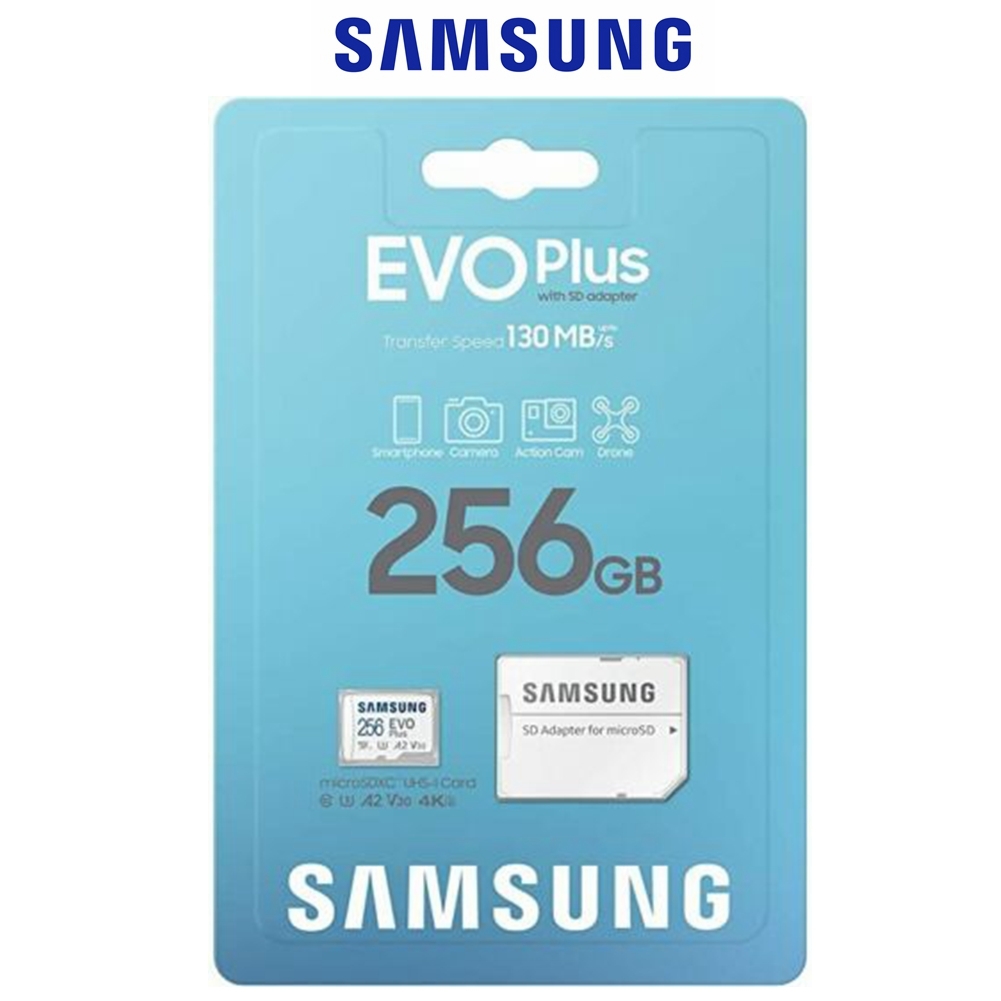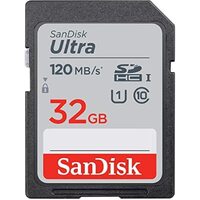Air Cooler vs. AIO Water Cooler: Which One Is Right for You?
In the quest for optimal PC performance, keeping your CPU cool is paramount. Needless to say, overheating can lead to throttling, reduced performance, and even hardware damage. Two primary solutions dominate the market: traditional air coolers and All-In-One (AIO) water coolers.
But which one is the best fit for your needs? This comprehensive guide will cover the nuances of both cooling systems, weighing their pros and cons to help you make an informed decision.

Air Coolers: The Traditional Workhorse
How Air Coolers Work
Air coolers operate using a combination of a heat sink and one or more fans. The heat sink, usually made of aluminium or copper, absorbs heat from the CPU. The attached fans then dissipate this heat by blowing it away from the heat sink and out of the computer case.
Pros of Air Coolers
- Affordability: Air coolers are generally less expensive than their AIO counterparts, making them an attractive option for budget-conscious builders.
- Simplicity: With fewer moving parts and a straightforward installation, air coolers are user-friendly, even for novices.
- Reliability: Fewer components mean there's less that can go wrong. Air coolers are known for their durability and long lifespan.
- Low Maintenance: Once installed, air coolers require minimal upkeep — no need to worry about liquid levels or potential leaks.
Cons of Air Coolers
- Size and Weight: High-performance air coolers can be bulky, potentially interfering with other components or not fitting in smaller cases. For this reason, you have to keep in mind your "clearance space" when buying one.
- Aesthetics: Air coolers are often considered less visually appealing, especially in builds where appearance is a priority. However, this aspect is highly subjective as there are air coolers out there with impressively sleek designs and RGB lighting.
- Performance Limitations: While effective for moderate cooling needs, air coolers may struggle with higher-end CPUs, especially when overclocking.
Is an Air Cooler Right for You?
If you're building a PC on a budget, prefer a straightforward installation, and aren't pushing your CPU to its limits, an air cooler might be the perfect fit. They offer reliable performance for everyday computing and moderate gaming without breaking the bank.
AIO Water Coolers: The Modern Contender
How AIO Water Coolers Work
All-in-one water coolers use liquid to transfer heat away from the CPU. The system includes a water block (attached to the CPU), a pump, a radiator, and fans. The pump moves liquid through the water block, absorbing heat, which is then carried to the radiator. Fans attached to the radiator dissipate the heat into the air.
Pros of AIO Water Coolers
- Superior Cooling Performance: AIO coolers are generally more efficient at heat dissipation, making them ideal for high-performance CPUs and overclocking.
- Space Efficiency: The bulk of an AIO cooler is the radiator, which mounts to the case, freeing up space around the CPU socket.
- Aesthetics: Sleek designs and customisable RGB lighting make AIO coolers a favourite for those wanting a visually striking build. Other models even feature an LCD screen that informs you of real-time CPU temperature and other relevant data.
- Noise Levels: Higher-end AIOs can operate more quietly than air coolers, as liquid cooling is often more efficient, requiring less fan speed.
Cons of AIO Water Coolers
- Cost: AIO coolers are typically more expensive, which can be a significant factor for budget builds.
- Complexity: Installation is more involved, requiring careful mounting of the water block and radiator. This type of cooler will require some research and maybe even trial and error.
- Potential for Leaks: While rare, there's a small risk of leaks, which could damage other components.
- Maintenance: Although labelled as "All-In-One," some users may eventually need to address issues like pump failure or coolant degradation. This makes them unappealing to "set it and forget it" kinds of users.
AIO Sizes and Considerations
AIO coolers come in various radiator sizes:
- 120mm: Suitable for small cases or builds with limited space but may offer less cooling efficiency.
- 240mm: A balanced option for most users, fitting in mid-sized cases with adequate performance.
- 360mm: Provide superior cooling for high-end CPUs and overclocking but require larger cases and more space for installation.
Is an AIO Cooler Right for You?
If you're aiming for peak performance, plan to overclock, or desire a clean-looking build with a potential for customisation, an AIO cooler is worth considering. Be prepared for a higher investment and a bit more complexity during installation. If you want our expert advice, go for 360mm AIOs. If you only have the budget for 120mm, you might be better off with an air cooler.
Head-to-Head Comparison
Cooling Performance
- Air Cooler: Adequate for standard use and moderate gaming. May struggle under heavy loads or overclocking.
- AIO Cooler: Excels in dissipating heat under intense conditions, ideal for high-performance setups.
Noise Levels
- Air Cooler: Can be noisier due to fans working harder to dissipate heat.
- AIO Cooler: Often quieter, especially larger radiators that can use lower fan speeds.
Installation and Maintenance
- Air Cooler: Easier to install with minimal maintenance.
- AIO Cooler: More complex installation; potential maintenance if issues arise.
Aesthetics
- Air Cooler: Bulkier, and may obstruct the view of other components.
- AIO Cooler: Sleeker appearance with customisable lighting options.
Cost
- Air Cooler: More budget-friendly.
- AIO Cooler: Higher upfront cost.
Making the Right Choice
When deciding between an air cooler and an AIO water cooler, consider the following questions:
What is your budget?
A limited budget may steer you toward air coolers.
How will you use your PC?
Standard tasks and light gaming can be handled by air coolers. High-end gaming, rendering, or overclocking may benefit from AIO coolers.
How important is aesthetics?
If you value a sleek look and customisable RGB, AIO coolers have the edge.
Are you comfortable with a more complex installation?
Beginners might prefer the simplicity of air coolers.
Explore Flash Trend's Wide Selection of CPU Coolers
Choosing the suitable CPU cooler is a critical step in building or upgrading your PC. By understanding the strengths and limitations of air coolers and AIO water coolers, you can select a solution that aligns with your performance needs, budget, and aesthetic preferences. Remember, a cooler CPU means a smoother, more reliable computing experience.
At Flash Trend, we offer a curated range of CPU coolers from the best brands to meet diverse needs. With our Sydney-based warehouse, we ensure your cooler always arrives promptly. Explore our collection of competitively priced CPU air coolers and AIO water coolers today!
Do you need personalised advice? Don't hesitate to contact us.








